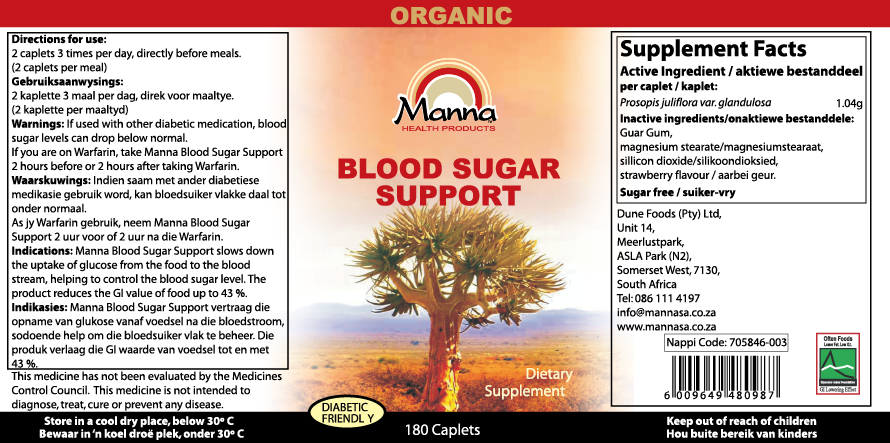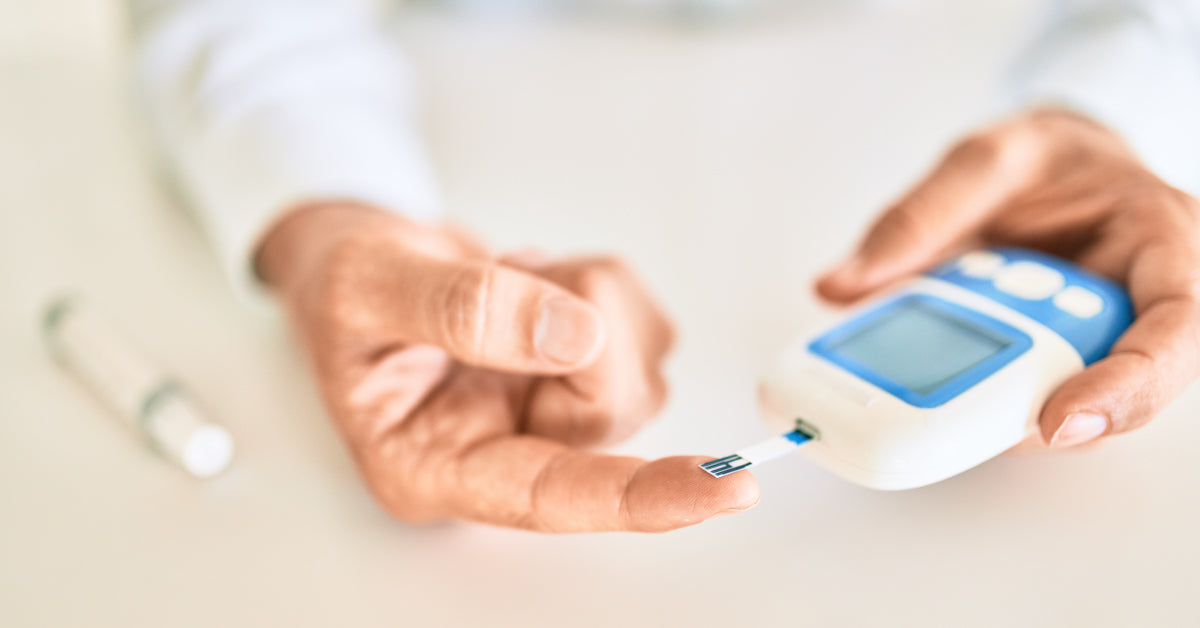Causes of high blood sugar levels and how to lower them
High blood sugar, also called hyperglycemia, affects people with diabetes. There are many factors that cause your blood sugar (glucose) levels to rise – luckily a lot of these factors are modifiable.
Chronically high blood sugar levels can have serious health complications. If left untreated, hyperglycemia can be life-threatening as it can lead to a diabetic coma. Even if your hyperglycemia is not severe, over time it will affect your eyes, kidneys, nerves, and heart. This can lead to blindness, kidney disease, amputation, and heart disease.
Blood sugar levels and your body
The body needs energy to function and one of its primary sources of energy is glucose. Your body breaks down carbohydrates from foods such as bread, rice and pasta and releases glucose into your bloodstream. Glucose can’t leave your blood and enter your cells without some help. It is the hormone insulin’s job to move glucose out of your bloodstream and into your cells, preventing glucose from building up in your bloodstream.
People with diabetes struggle to manage their blood sugar levels as they cannot lower them. Their blood sugar levels are constantly high. This happens because their bodies don’t produce insulin (type 1 diabetes) or can’t effectively use the insulin it makes (type 2 diabetes). This leads to hyperglycemia. To lower blood sugar levels of people with diabetes, insulin is administered. Your health care provider can also advise you to make some lifestyle changes to manage high blood sugar levels.
Watch out for the following things that influence your blood sugar levels:
- Taking too much or not enough insulin or oral diabetes medication
- Eating too many carbohydrates and the amount of glucose in your body is not balanced with the amount of insulin you produce or administer
- Not being active enough. Being active every 30 minutes helps lower glucose levels in your blood
- Having a cold, the flu, or an infection. Hormones that fight illness can raise your blood sugar levels
- Emotional stress. Hormones triggered by stress can raise your blood sugar levels
- Certain medications such as steroids or immunosuppressants can cause higher levels of glucose in your blood
- The dawn phenomenon – a surge of hormones the body produces every morning around 4 am to 5 am
How to lower your blood sugar levels
1. Keep tabs on your blood sugar levels
Ask your health care provider how frequently you need to check your blood sugar levels. If you have type 1 diabetes, you may need to test between 4 and 10 times a day. If you take insulin for type 2 diabetes, your provider may recommend testing several times daily, depending on the type and amount of insulin you use. If you manage your blood sugar without insulin, you may need to test daily.
The American Diabetes Association (ADA) recommends the following target blood sugar levels:
- Between 80 and 130 mg/dL (4.4 to 7.2 mmol/L) before meals
- Less than 180 mg/dL (10.0 mmol/L) two hours after meals
If you struggle to remember to check regularly, talk to your doctor about a continuous glucose monitor (CGM). These devices measure your blood sugar in real-time and can connect to a smartphone app.
2. Follow a diabetes diet
Limit foods high on the glycaemic index. Substitute carbohydrates and sugary foods with whole foods.
3. Remind yourself to move around
If you sit still most of the day, get up and move every 30 minutes. Set a reminder. You can walk, sweep the floor, do push-ups, or hang the washing.
4. Boost your immune system
Eat foods and take supplements that strengthen your immune system. Good options include citrus, papaya, ginger, spinach, and broccoli.
5. Manage your stress levels
If you're anxious, talk to your doctor. You can also do yoga, meditate, or use breathing techniques to manage stress.
6. Prevent the dawn phenomenon
Don’t eat carbohydrates before bedtime. Ask your doctor about the best time to administer insulin – it may be best before bed.
Takeaway
Untreated hyperglycemia has serious health complications, so managing your blood sugar levels is essential. Monitor your levels and adjust your lifestyle to keep them stable and avoid the complications diabetes can bring.
Natural solutions for diabetes
Download the free Diabetic e-book from the Manna website for a simple meal plan. Take Manna Blood Sugar Support with each meal to help control blood sugar levels, cravings, and appetite. It gels with food and releases sugar slowly into the bloodstream, providing sustained energy. It also helps eliminate spikes and crashes, keeping you fuller longer and less fatigued.

































































